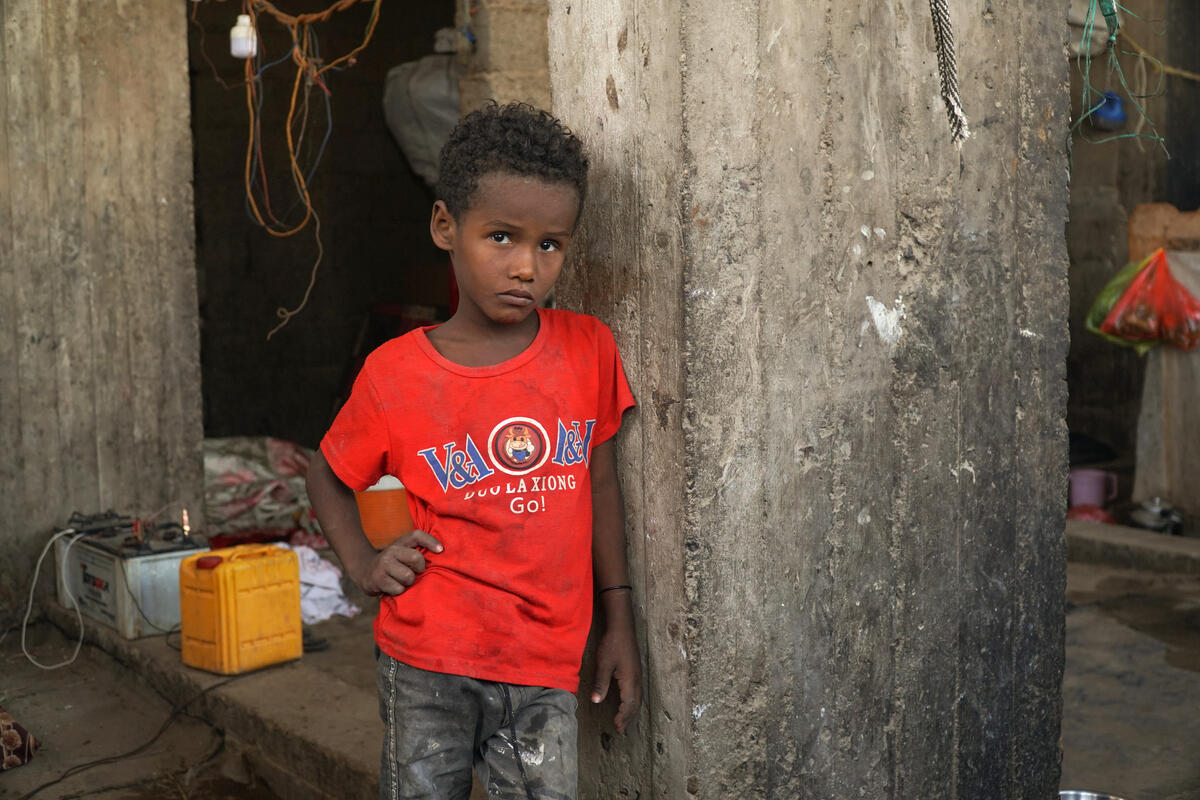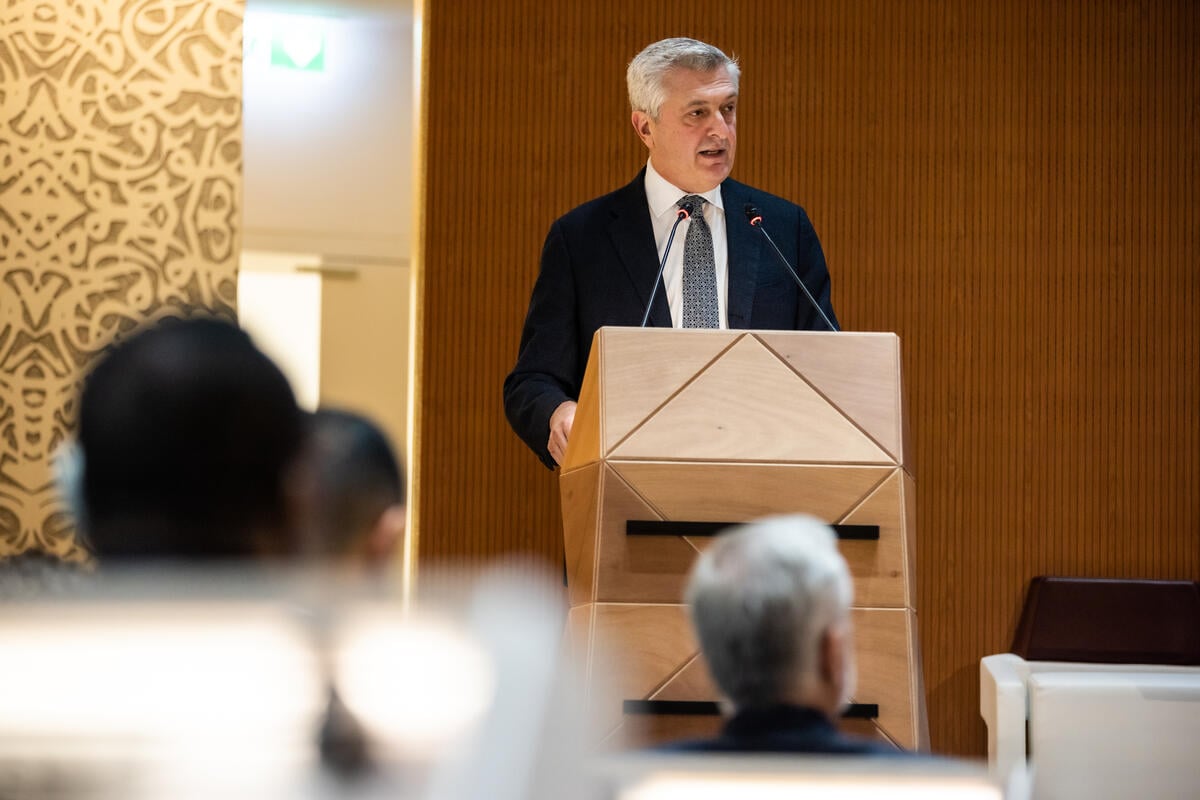Funding shortfall may force UNHCR to scale down operations in Darfur
Funding shortfall may force UNHCR to scale down operations in Darfur

GENEVA, September 25 (UNHCR) - Unless funding is received soon, a shortfall in its Darfur budget may force the UN refugee agency to scale down protection and humanitarian aid operations to assist internally displaced people and refugees in Darfur. UNHCR is appealing to donors for immediate contributions.
The UNHCR operation for the troubled Sudanese region of Darfur is facing a shortfall of US$7.1 million in its 2007 budget of US$19.7 million.
"We are seriously concerned that the lack of funding will soon have a direct impact on our operation to protect and assist some of the more than 2 million internally displaced persons (IDPs) and thousands of Chadian refugees in Darfur, whose numbers continue to rise," UNHCR spokeswoman Jennifer Pagonis told reporters in Geneva on Tuesday. "We are already facing difficulties in paying staff salaries for next month."
UNHCR has been present in Darfur since June 2004, with 112 staff and offices in El Geneina, Habila, Mornei, Mukjar and Zalingei in West Darfur and an office in Nyala in South Darfur.
"Despite security constraints, our teams have continuously assisted the displaced and local population over the past three years," said Pagonis, noting that the volatile security situation hampers humanitarian work. "Many aid workers must travel by helicopter to reach displaced populations because roads are too unsafe. When travelling by road, staff must be escorted by African Union soldiers and/or policemen," she added.
So far this year, 77 aid workers have been abducted and nearly 70 humanitarian vehicles hijacked.
UNHCR's Darfur operation mainly focuses on protection and humanitarian aid to assist the IDPs. This includes promoting access for IDPs to legal redress; the provision of relief items to vulnerable people; strengthening basic services, including wells, schools and health centres; and efforts to avoid further displacement through small-scale rehabilitation projects which also benefit the local communities. Regular monitoring by UNHCR in areas of displacement also contributes to establishing a safer environment. All of these activities could be curtailed if the funding situation does not improve.
"We remain extremely concerned that there is still no major improvement in the security situation in Darfur. New displacement is still being reported. People continue to arrive in IDP camps, especially around El Geneina and Zalingei," said Pagonis. Families are leaving their homes because of renewed fighting and clashes in Sirba and Jebel Marra in West Darfur; Saraf Omra in North Darfur; and Buram-Dafak region in South Darfur. The presence of various armed groups, especially in rural areas, also contributes to the exodus of villagers.
Most of the camps around El Geneina and Zalingei have reached maximum capacity. With continuing arrivals, there will soon be a need to create new sites, Pagonis said.
An estimated 250,000 people have been newly displaced this year due to the violence, joining some 2 million others. UNHCR is also responsible for 30,000 Chadian and Central African refugees in West Darfur. The number of refugees has steadily increased during the year, a trend that is likely to continue if the security situation fails to improve in Chad and the Central African Republic.
Some 5,600 Chadian refugees are housed in camps at Um Shalaya and Mukjar, and assistance to this group could also be affected by the funding shortfall. The Chadian refugees fled their country in 2006 and 2007 due to insecurity in eastern Chad.









